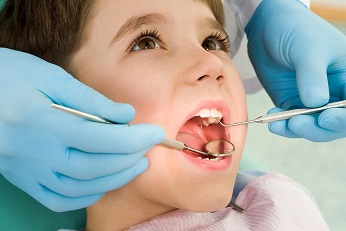


Loose dentures, sore gums, food trapping and a dry mouth can turn simple meals into a struggle.
The Daily Friction You Notice
Loose dentures, sore gums, food trapping and a dry mouth can turn simple meals into a struggle. Medications reduce saliva, raising the risk of root decay. Gum disease builds quietly and small ulcers go unchecked. Missed appointments lead to emergency visits, extra costs and lost confidence in eating and speaking. This is the “before” state—reactive care, late detection and avoidable pain.
Hidden Risks You Don’t See
Problems often advance under the surface. Root caries can spread beneath old fillings. Inflammation erodes bone that anchors teeth. Oral cancer may begin as a painless spot. Poor chewing limits fiber and protein intake, affecting strength and balance. When exams lapse, problems grow until they need urgent treatment or extraction. The result is less stability, more interruptions to daily life and higher bills. Book your dental check up in Victor Harbor today—click here to schedule your appointment online!
The Healthier Outcome You Want
Now picture steady, preventive care. Regular exams catch early decay, gum inflammation, and tissue changes. Chewing feels comfortable, speech is clear and dentures or implants fit as intended. Dry mouth is managed and the risk of urgent visits drops. Nutritional choices expand because eating is easier. This “after” state protects independence and supports overall health. In short, oral examination for seniors: protecting long-term health is practical, measurable and achievable.
Gains You Can Count and Feel
Early detection means simpler treatments and shorter appointments. Periodontal maintenance keeps bleeding and pocket depths in check. High-fluoride support slows root caries. Adjusted prosthetics stop pressure sores. You gain predictable recall intervals, fewer surprises and better quality of life. Family members and caregivers see clear plans and steady progress, not crisis management.
The Plan That Gets You There
Start with an exam schedule based on risk—often every three to six months. Each visit includes a medication review, soft-tissue screening, bite and jaw assessment and targeted radiographs only when indicated. For dry mouth, use saliva substitutes, sugar-free gum or lozenges and timing strategies discussed with your physician. Add high-fluoride toothpaste or varnish; consider silver diamine fluoride to slow active root lesions. For gum health, pair non-surgical cleaning with clear home instructions and easy tools.
Simple Actions Starting Today
Book the next exam and place it on a visible calendar. Bring a current medication list. Ask for a denture fit check or night guard evaluation if you clench. Keep water nearby and choose sugar-free options for moisture support. Brush twice daily with fluoride, clean between teeth using tools that match dexterity and follow any diet guidance for better chewing and nutrition. With these steps, prevention stays ahead of disease and your mouth supports the life you want.
Author Bio: –
Ansley has 12 years of experience in the dental world. You can find his thoughts at teeth alignment blog.
